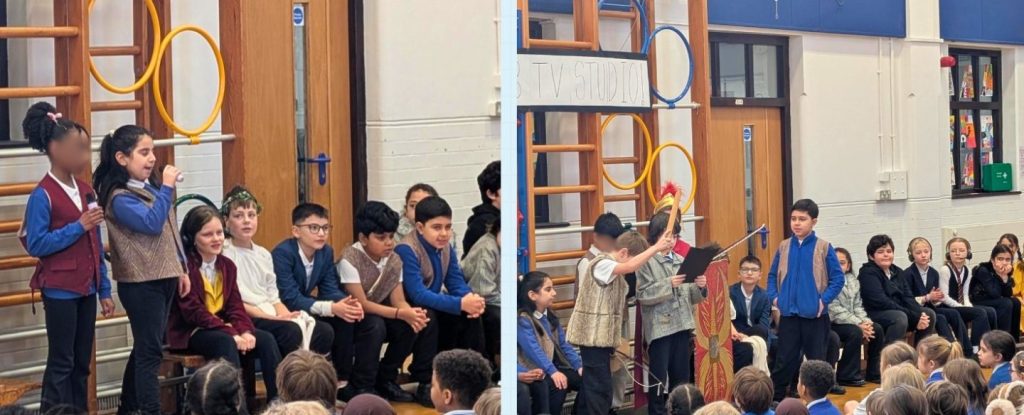 5JH’s assembly was a spectacular journey through time and space! The children showcased their expertise in Science, explaining the mysteries...
5JH’s assembly was a spectacular journey through time and space! The children showcased their expertise in Science, explaining the mysteries...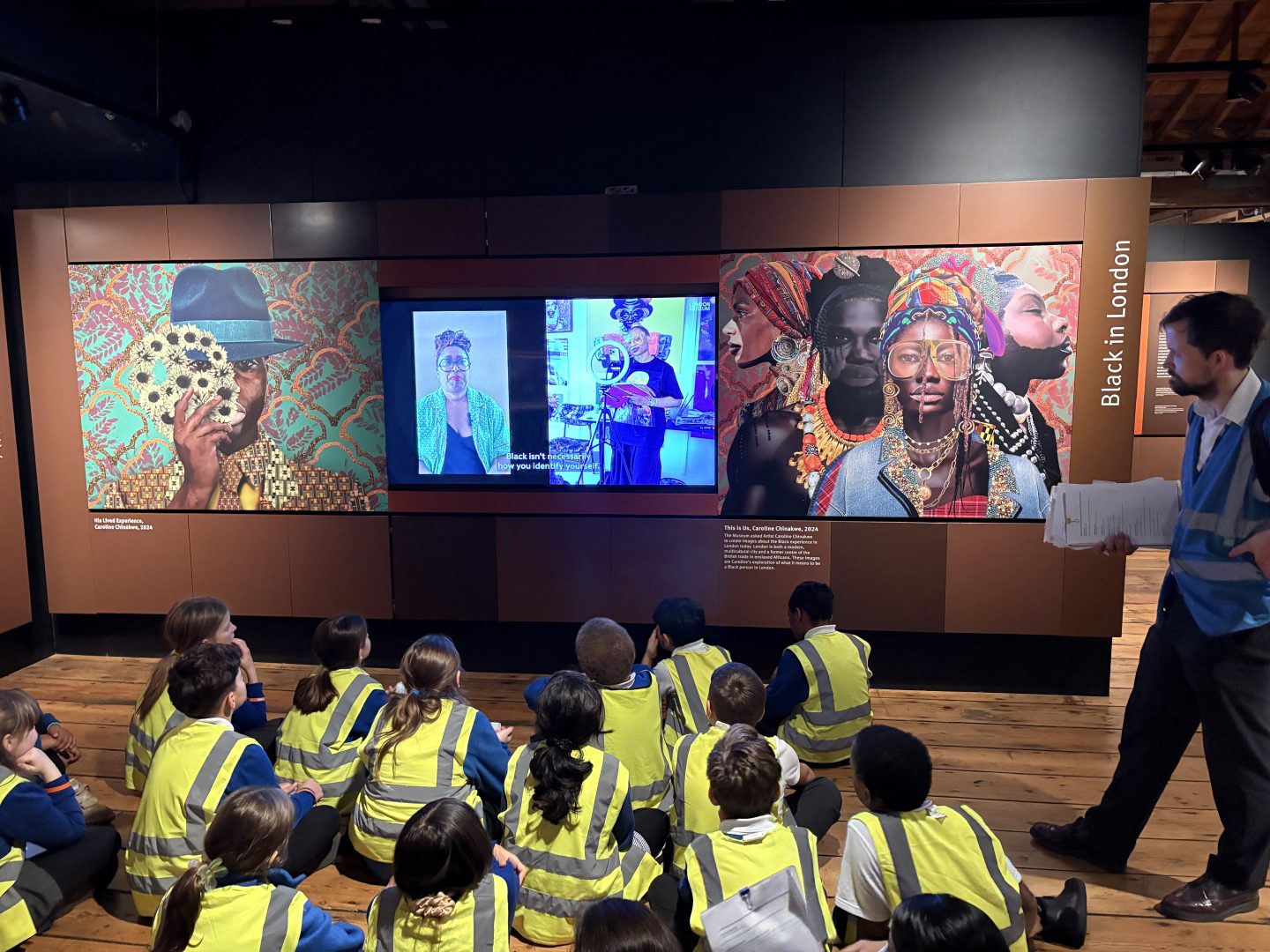 Our Year 6 children recently enjoyed an enriching trip to the Museum of Docklands. The visit deepened their understanding across...
Our Year 6 children recently enjoyed an enriching trip to the Museum of Docklands. The visit deepened their understanding across... This week, parents were treated to a wonderful performance from 6PB, marking not only the first class assembly of the...
This week, parents were treated to a wonderful performance from 6PB, marking not only the first class assembly of the...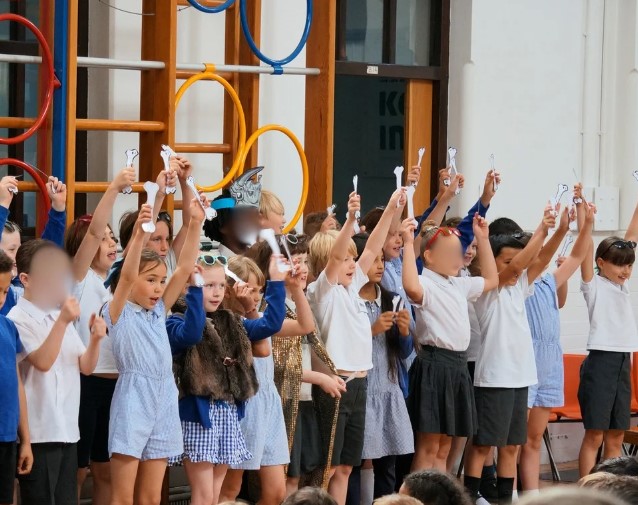 3AM treated us to a fantastic journey back in time with their class assembly this week! The performance was entirely...
3AM treated us to a fantastic journey back in time with their class assembly this week! The performance was entirely... Last week, 4MH impressed us all with their fantastic class assembly! They took us back in time with fascinating facts...
Last week, 4MH impressed us all with their fantastic class assembly! They took us back in time with fascinating facts... Our Year 1 children were helped in their learning about toys when some very special people visited some of the...
Our Year 1 children were helped in their learning about toys when some very special people visited some of the...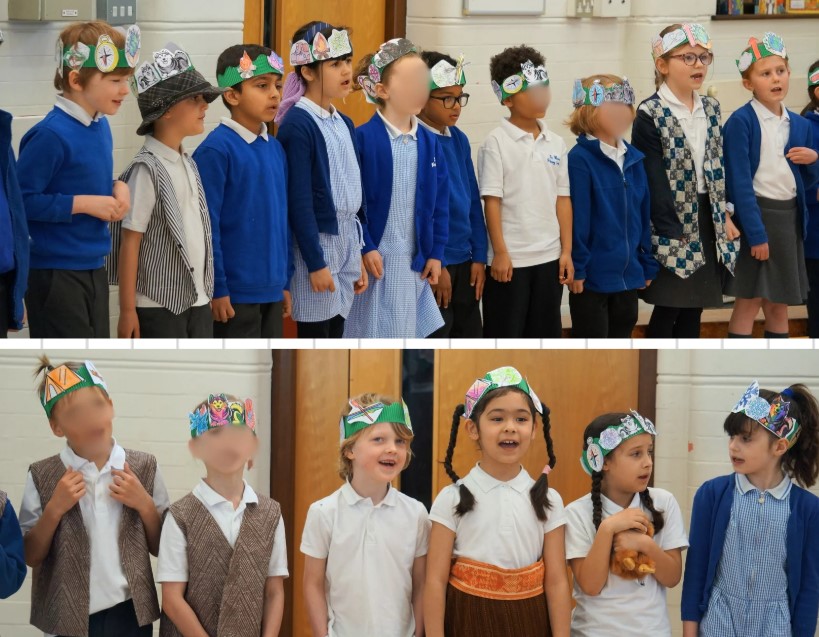 2CS also performed their class assembly this week. Set at the fictional ‘Winns Museum’ the children guided the audience through...
2CS also performed their class assembly this week. Set at the fictional ‘Winns Museum’ the children guided the audience through...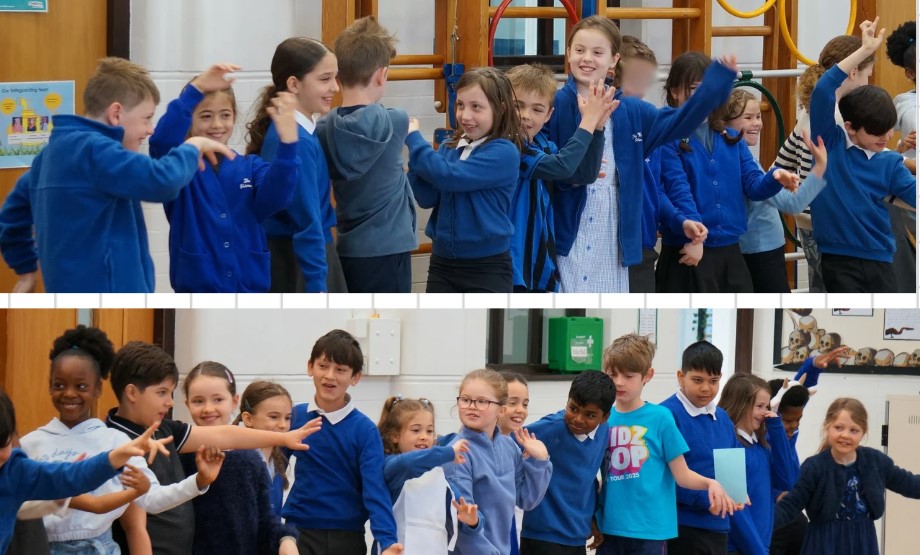 Well done to 4KB who performed their class assembly this week. The children all of their recent learning about volcanoes...
Well done to 4KB who performed their class assembly this week. The children all of their recent learning about volcanoes...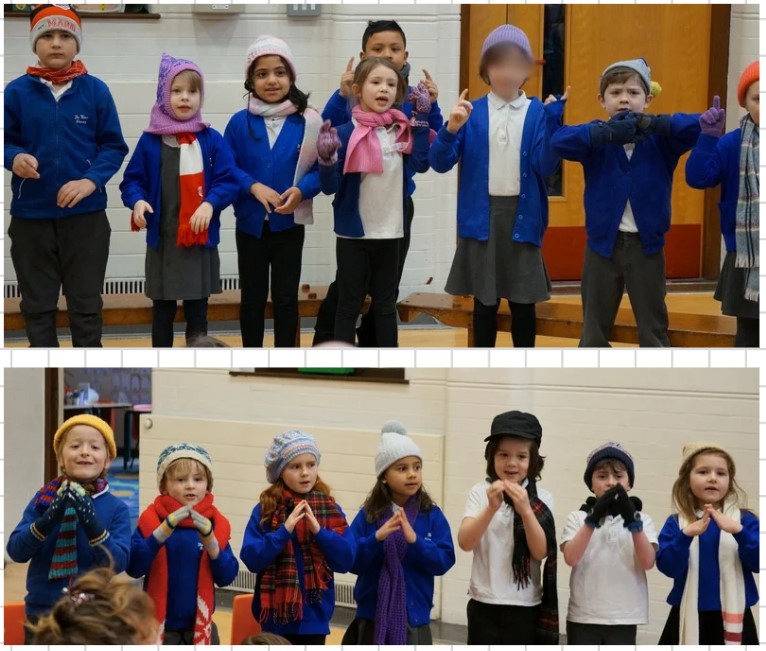 Well done to 2CM who performed their class assembly to families and other children in Red Hall on Thursday this...
Well done to 2CM who performed their class assembly to families and other children in Red Hall on Thursday this... Well done to 3SH who braved their quest into an Egyptian pyramid, surviving crocodiles and mummies to come out the...
Well done to 3SH who braved their quest into an Egyptian pyramid, surviving crocodiles and mummies to come out the...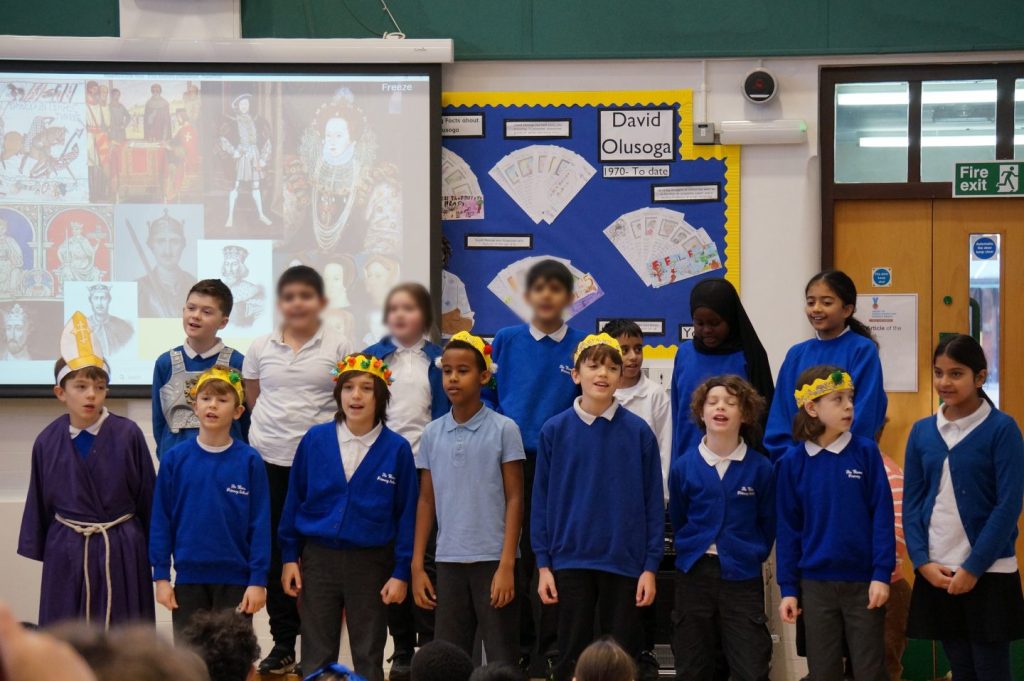 5ED were the latest class to showcase their learning from the past term as they performed their class assembly to...
5ED were the latest class to showcase their learning from the past term as they performed their class assembly to...
History
History
Information about our history curriculum.
History at The Winns
Intent
Here at The Winns, we aim for a high-quality history curriculum, which enables the development of a coherent knowledge and understanding of Britain’s past and its association to the wider world. Within this, we provide a broad, balanced curriculum, which encompasses British Values throughout. Our exciting, tailored topics aim to inspire curiosity within our pupils, to enable them to think and act like historians. The teaching sequences empower our pupils to understand the history of Britain and how it has influenced and been influenced by the wider world, know and understand about significant aspects of the history of the wider world (including ancient civilisations and empires), explain changes within and beyond living memory and learn about the lives of significant people of the past. Our skills based curriculum also equips children with the ability to answer perceptive questions, think critically, weigh evidence, sift arguments and develop perspective and judgement.
We want our children to enjoy and love learning about history by gaining this knowledge, understanding and skills, not just through experiences in the classroom, but also with the use of fieldwork and educational visits, enabling then to deepen their understanding of who and what has shaped our world today.
Implementation
At The Winns, history is embedded in our topic-based approach to learning in EYFS and KS1. In KS2, history is taught once each term. Teachers plan sequences of lessons across the unit that will build on and develop the children’s knowledge and skills. In Key Stage 1, our curriculum is mapped to enable children to develop an awareness of the past, using common words and phrases relating to the passing of time. They will start to know where the people and events they study fit within a chronological framework and identify similarities and differences between ways of life in different periods. As they progress through the key stage, they will demonstrate a growing confidence and accuracy when using historical vocabulary, such as monarchy, explorer and artefact. In Key Stage 2, children will continue to develop a chronologically secure knowledge and understanding of British, local and world history, establishing clear narratives within and across the periods they study. This chronology, or sequence of events, will be referred to throughout KS2 so that children become secure in their understanding of important historical events and eras. It will also enable them to begin to identify trends over time and develop the appropriate use of historical terms such as ancient and civilisation. The explicit mapping and rigorous teaching of vocabulary ensures that children can gain and deploy a historically grounded understanding of abstract terms such as ‘empire’ or ‘parliament’.
Carefully selected skills are chosen to best match each unit of knowledge and progress year on year. Opportunities to practise and embed skills are planned for so that they are revisited and refined over time. The knowledge and skills that children will develop throughout each history topic are mapped across each year group and across the school to ensure progression. We also maximise the opportunities that our home city of London has to offer in terms of its rich history and vast array of museums and cultural sites. Therefore, children’s learning in history is enriched by visits to carefully selected museums, where workshops and visit materials deepen their understanding and knowledge. Teachers are also able to use the Historical Association’s wealth of resources to develop their subject knowledge.
We provide a knowledge organiser for teachers, which aims to instil the essential knowledge required for teaching a unit. The Unit Overview is also provided and it is shared with pupils and placed in their books at the beginning of a unit of learning. Our teachers use these documents to write comprehensive medium term plans prior to teaching a unit.
Impact
The impact of our History curriculum can clearly be seen in the children’s Topic books. Our rich History curriculum is also evident in the texts that we have selected for our children to read, displays in our classrooms, class assemblies where children share their knowledge with their parents and the historical narratives our children recount. The detailed unit overview outlines the main learning objectives – enquiry questions – that the children will investigate and answer during their learning. The opportunity to evaluate and reflect on the learning is planned for regularly to enable the children to see how their learning is progressing. At the end of each term, class teachers use the children’s recorded work and assessment to make a judgement as to whether each child is working towards or at the expected level.

